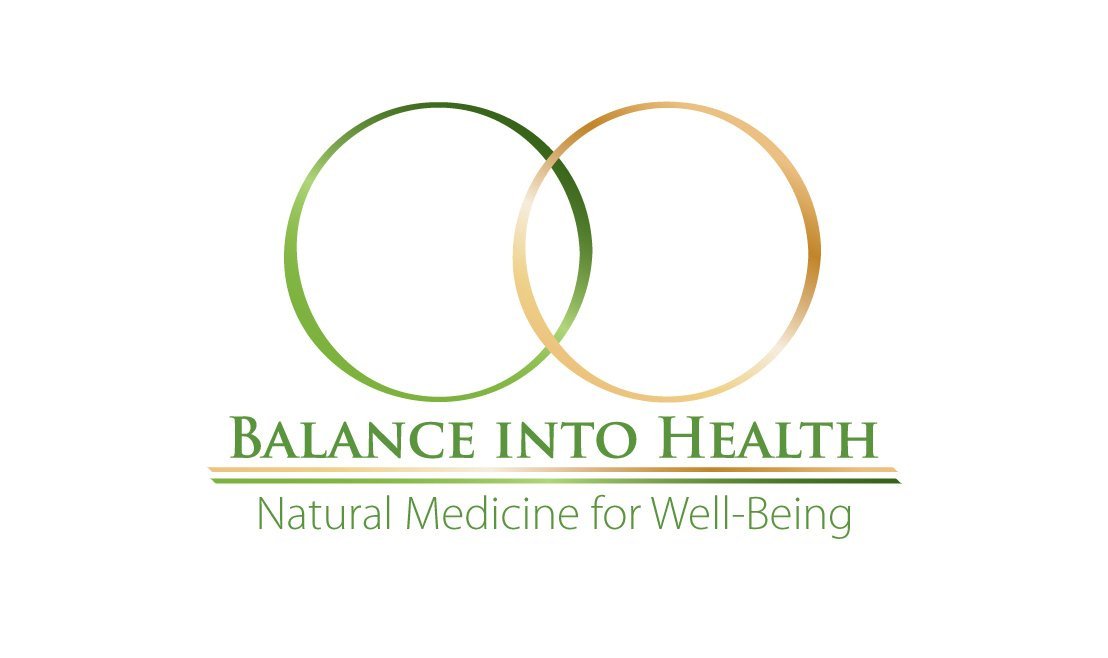Mechanisms of Vitamin D in Acute Respiratory Infections
Results from the Irish Longitudinal Study on Ageing (TILDA) that were released this week may shed light on the role vitamin D deficiency may play in acute respiratory infections. Findings from the study present "that vitamin D plays a critical role in preventing respiratory infections, reducing antibiotic use, and boosting the immune system response to infections." Because of these findings, researchers highlight the importance of increasing vitamin D intake through supplementation, sunlight exposure, and vitamin D-rich foods like eggs, fatty fish, and liver.
The TILDA Study
TILDA researchers recommend Irish adults over age 50 should supplement vitamin D3 throughout the year. This recommendation may be appropriate for populations in northern parts of the U.S. who do not get adequate vitamin D from UV sun exposure, resulting in an overt deficiency. Furthermore, their findings suggest that the high level of vitamin D deficiency seen in older adults may have a negative influence on their immune system's ability to respond to infections, and that quarantining inside creates an even greater risk of deficiency. This supports previous studies linking low vitamin D status to increased acute respiratory infection risk, with vitamin D supplementation helping with acute respiratory tract infections. The study's key investigator notes that although the specific role of Vitamin D in respiratory tract infections is unknown, there is clear evidence that supports vitamin D intake from supplementation and/or sunlight exposure is imperative in at-risk populations to support immune function.
Previous Research
An older study published in 2017 in the Journal of Parenteral and Enteral Nutrition may have also found a critical link between vitamin D deficiency and one's ability to fight infections, which is a serious and timely matter. In addition to increasing free 25-hydroxyvitamin D serum levels, this randomized placebo-controlled trial demonstrated that high-dose vitamin D3 supplementation (500,000 IU) for one week significantly increased hemoglobin concentrations in mechanically ventilated critically ill patients (relative to the placebo and 250,000 IU groups), suggesting that high-dose supplementation may help improve iron metabolism in a population in which anemia is highly prevalent.
Results from the study also showed that hepcidin concentrations were acutely reduced during the intervention. Hepcidin's primary role is to regulate the entry of iron into circulation. In cases of inflammation, abnormally high levels of hepcidin cause serum iron levels to fall due to iron trapping, which generally leads to anemia, as there is an insufficient amount of iron in circulation for erythropoiesis. Previous studies have shown that vitamin D may help reduce pro-inflammatory cytokines and hepcidin transcription and that hepcidin antimicrobial peptide (HAMP) genes contain a vitamin D response element that may support red blood synthesis and reduce risk of anemia.
Vitamin D Supplementation May be Advisable
Anemia and vitamin D deficiency is associated with unfavorable patient outcomes in those who are critically ill. In light of the current pandemic, these reports indicate that vitamin D supplementation may be a wise choice for helping support the immune system's ability to fight off infections, and that a dose necessary to generate a clinically-significant immune response considerably surpasses the current Recommended Dietary Allowances (RDA) for vitamin D.
